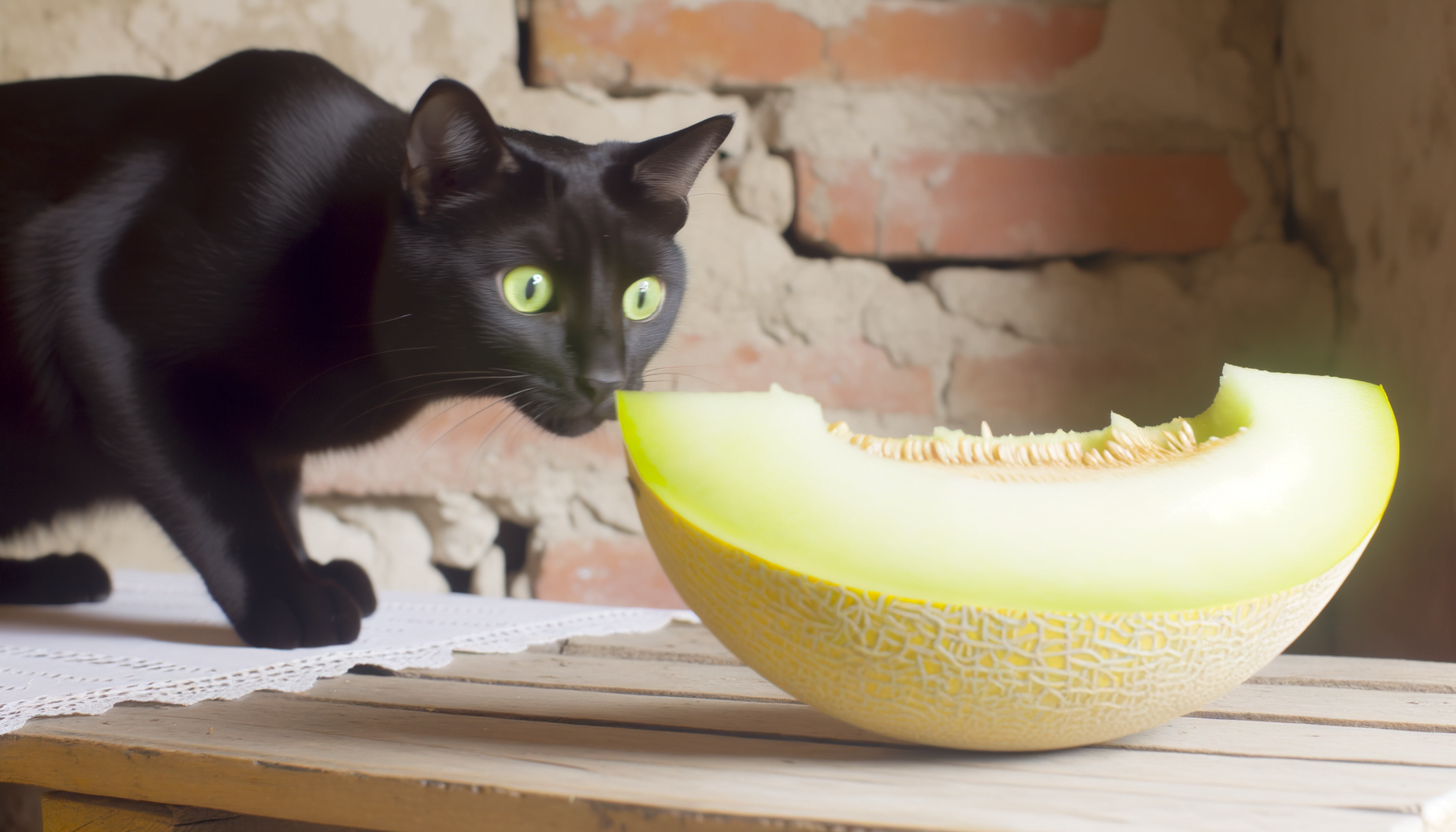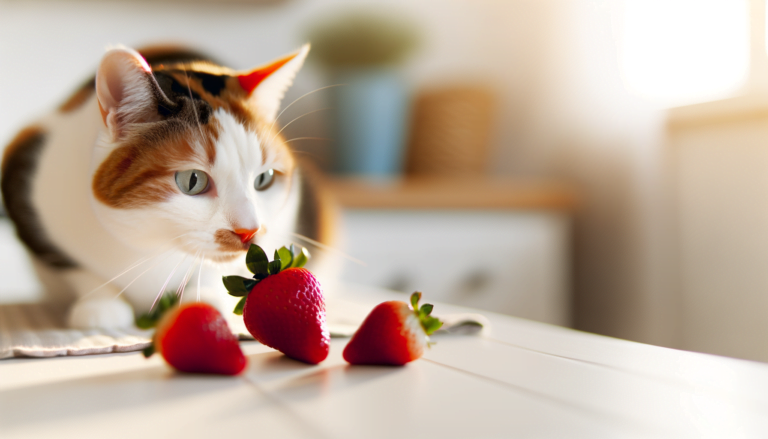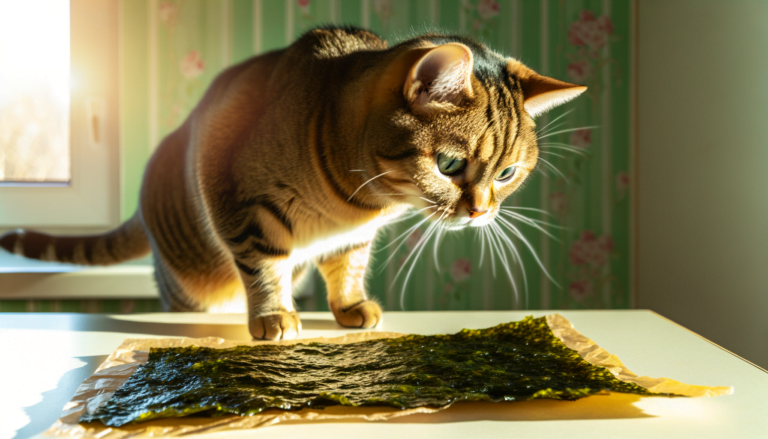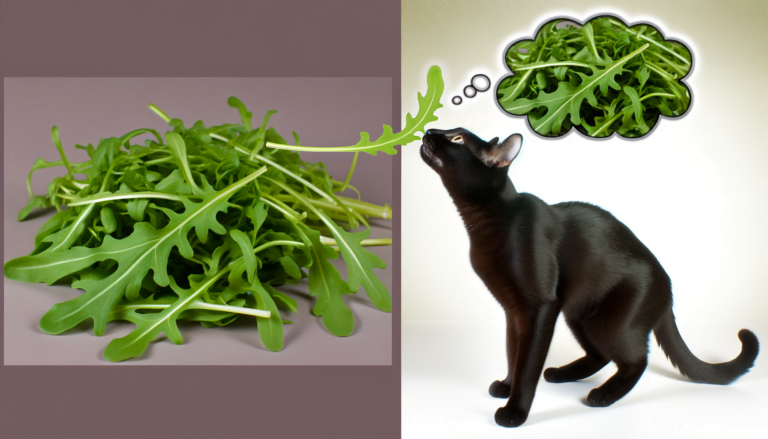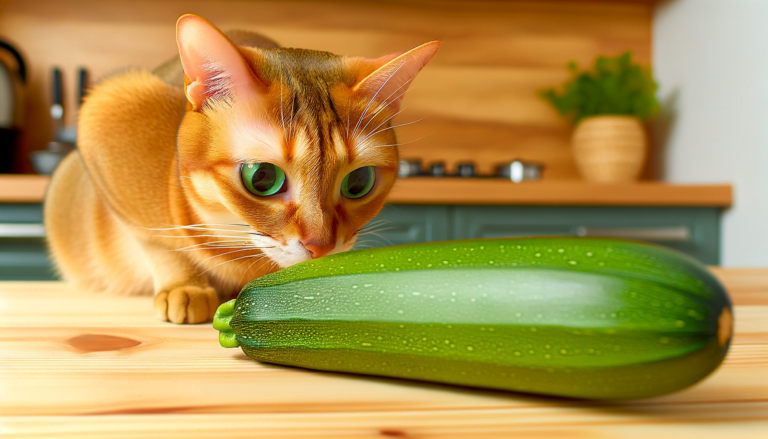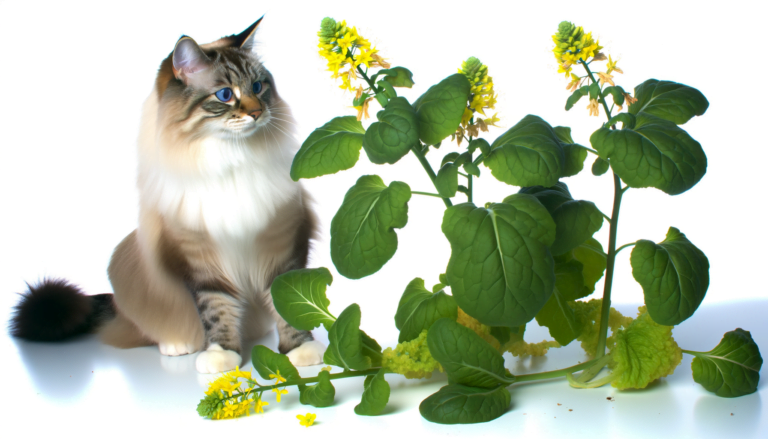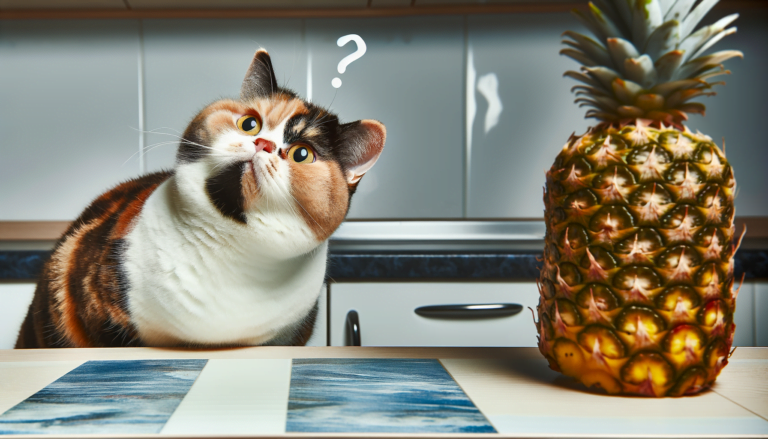Unveiling the Mystery: Can Cats Safely Enjoy Honeydew?
Feeding honeydew to cats, in fact, is a safe practice as long as it’s carried out in moderation. Cats can benefit from the high water content and nutrients found in honeydew. Nevertheless, it’s essential to remember that the mainstay of a cat’s diet should be protein, not fruit. Only offer honeydew as a small, occasional treat, ensuring that the fruit is ripe and has no seeds or hard parts that could pose a choking hazard. Excessive ingestion can result in digestive discomfort due to the fruit’s sugar content. Therefore, while cats can eat honeydew without harm, remember to introduce it to their diet in small, measured amounts.
The Nutritional Content of Honeydew
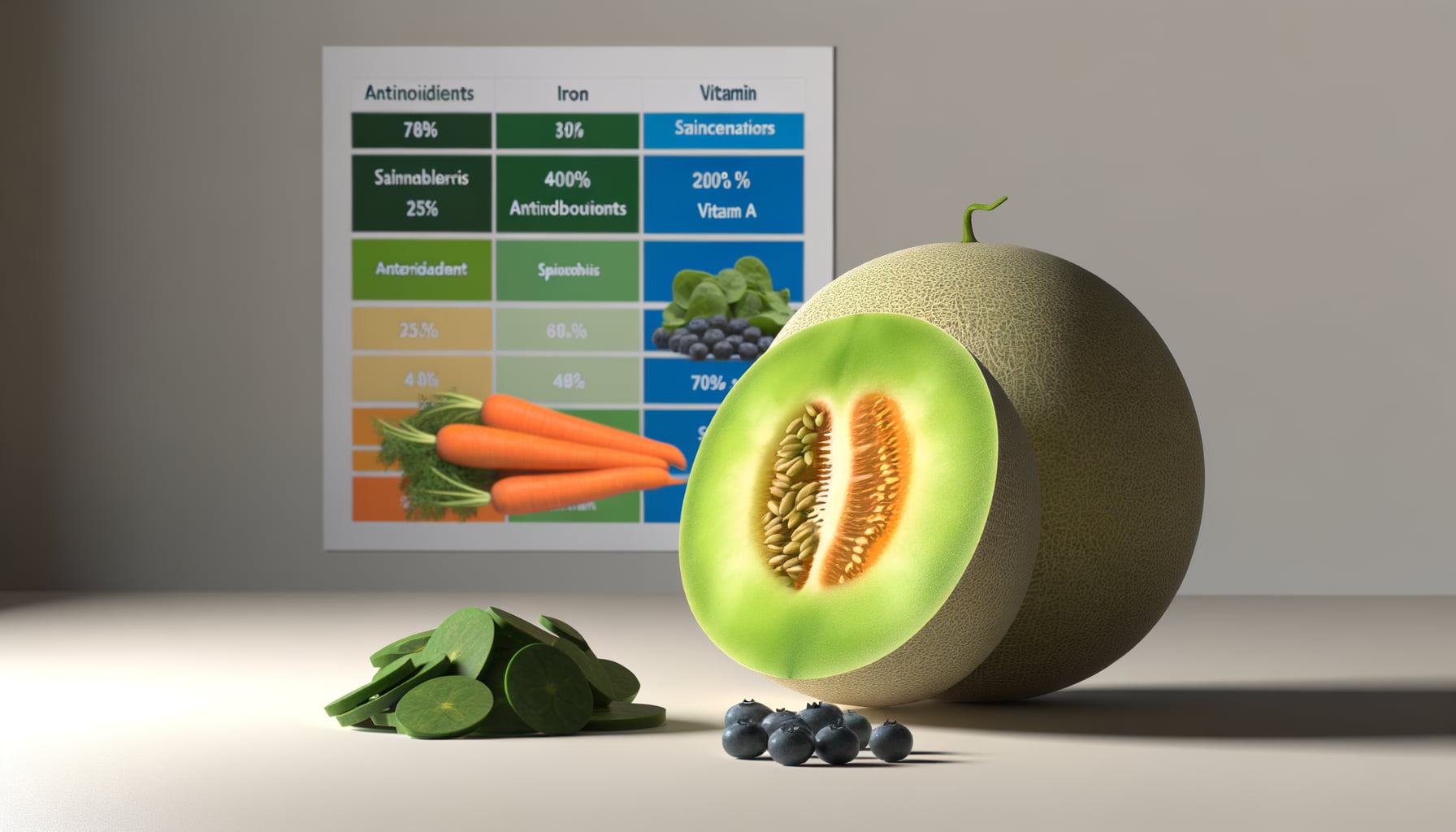
Honeydew, a refreshing summer fruit, offers a range of nutritional benefits that are well documented. With high water content, it acts as a hydrant while providing essential minerals and vitamins. One key mineral present is potassium, crucial for regulating body fluid balance and muscle contractions. Additionally, this sweet melon is rich in dietary fiber promoting digestive health.
The vitamins C and B6 found in honeydew have various functions in the body. Vitamin C, an antioxidant, helps protect the body’s cells from damage. On the other hand, Vitamin B6 plays a vital role in brain development and maintaining the nervous and immune system functions. On top of these, honeydew provides small amounts of magnesium, thiamine, and niacin — all essential nutrients for health.
Not to be overlooked, honeydew contains several beneficial plant compounds. These include but are not limited to choline and zeaxanthin, which contribute to health in diverse ways. Choline supports various body functions, including cellular growth and metabolism. Meanwhile, zeaxanthin tends to concentrate in the eyes and can possibly play a protective role in eye health. From these points, it’s clear that honeydew has compelling nutritional attributes.
Can Cats Safely Consume Honeydew?
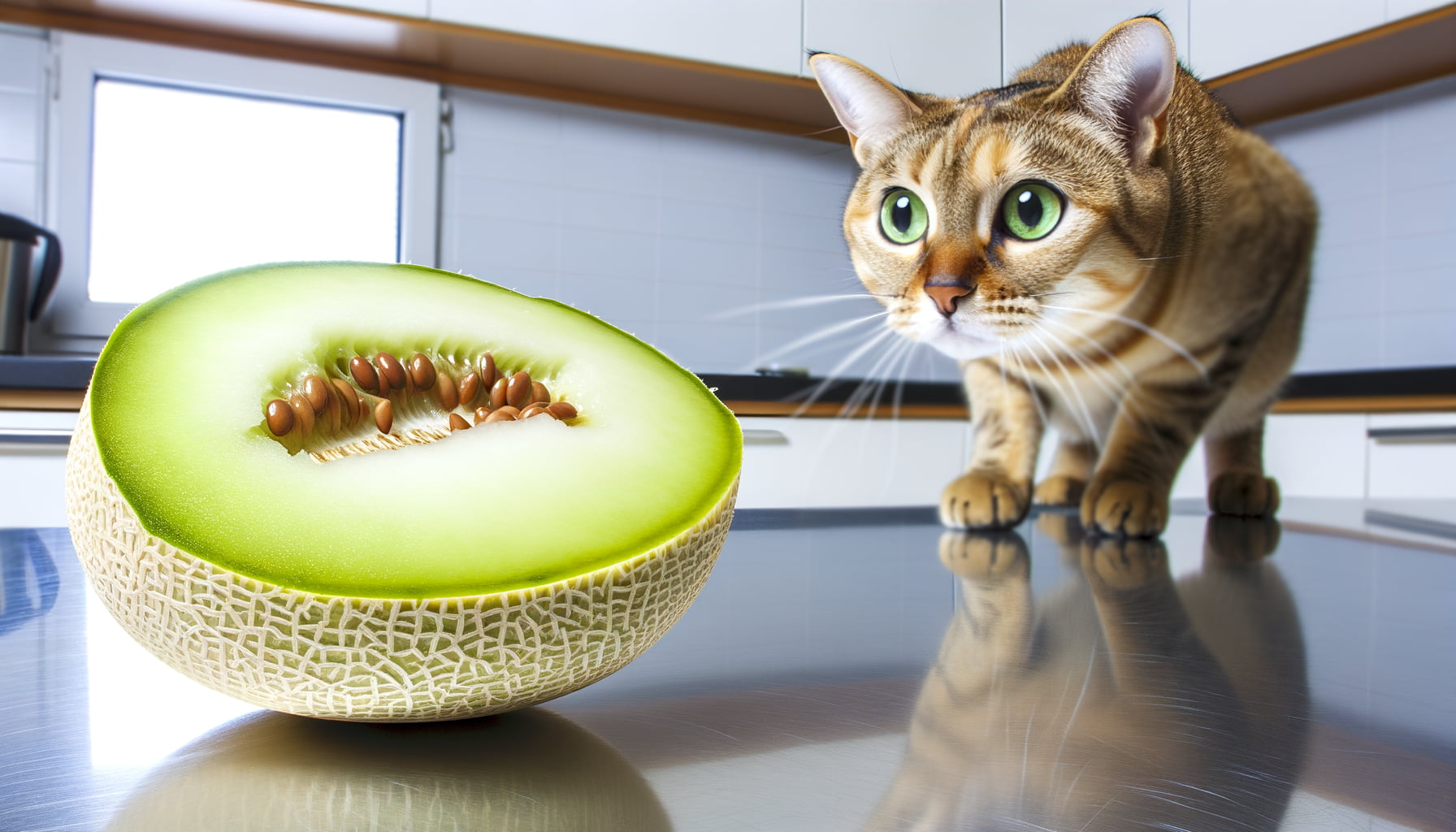
Yes, cats can consume honeydew but just like with any other food not designed for cats, moderation is key. Wild felines are naturally carnivorous, unlike humans who are omnivores. Hence, the fundamental nutritional requirements of felines are drastically different from ours.
Although honeydew is not harmful to cats, it doesn’t provide them with essential nutrients either, particularly proteins and amino acids, which are vital for their health. Hence, honeydew should not be considered a substitute for a balanced feline diet, it’s more of a treat. It’s important to keep the consumption of honeydew or any other fruits minimal to prevent health problems such as obesity or diabetes, which can arise from high sugar intake.
Remember to remove the seeds before sharing honeydew with your feline friend. Seeds can pose a choking hazard or cause digestive issues. Also, some cats may not even like the taste or the texture of the fruit. And always, when introducing any new food into your pet’s diet, observe for any unusual behavior or allergic reactions. As always, consult with a veterinarian if you’re uncertain about feeding your cat a particular food.
Potential Health Effects of Honeydew on Cats
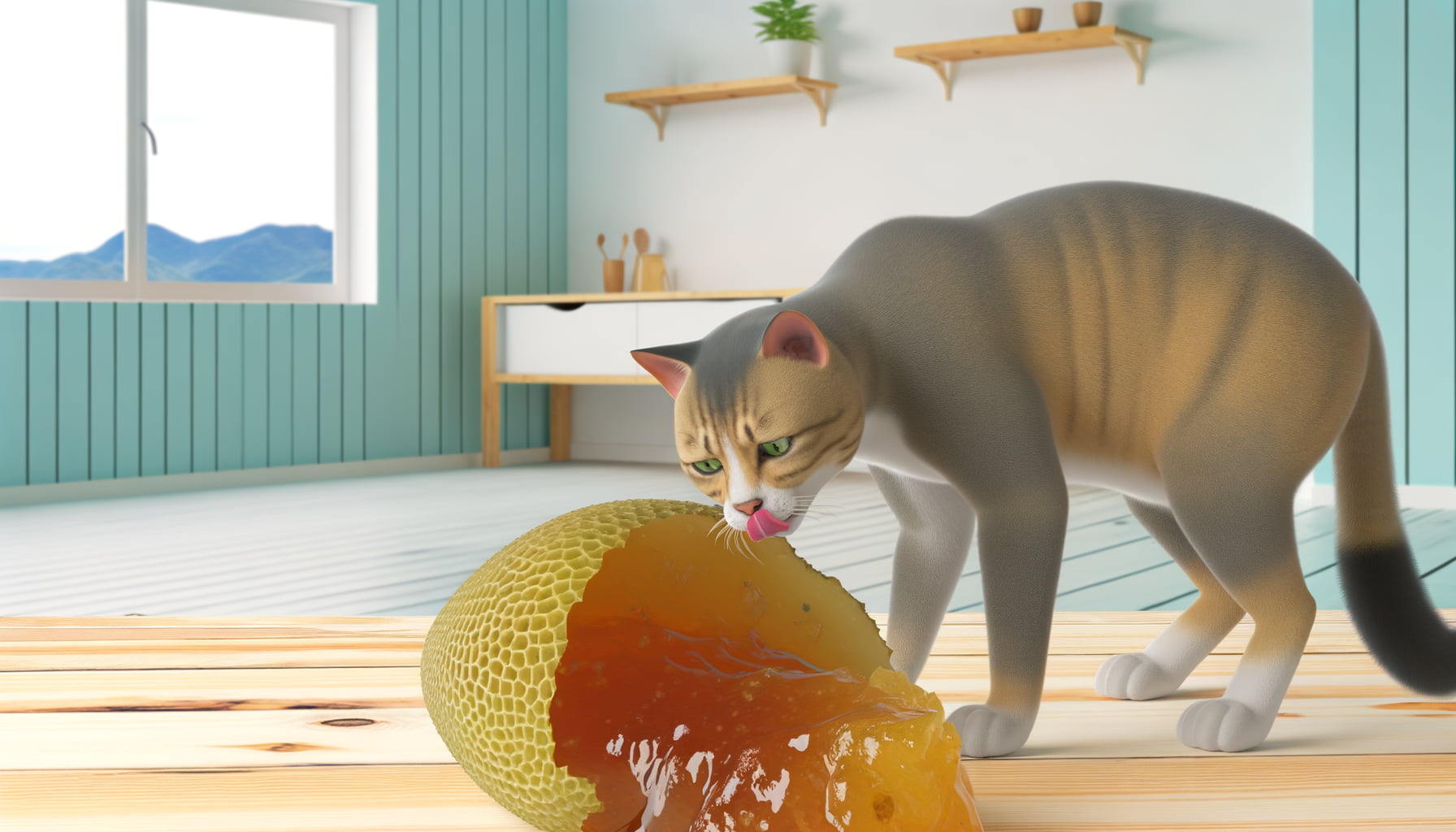
Cats, as carnivores, have different dietary demands and reactions compared to humans. Feeding produce like honeydew is not generally harmful, but there are few potential health effects that must be kept in mind.
Honeydew contains natural sugars. Although it’s healthy for us, cats cannot process sugars as efficiently as humans can. Consistent feeding may contribute to weight problems and diabetes in cats, an aspect of their health that needs monitoring.
Moreover, honeydew’s high water content can temporarily quench a cat’s thirst. While this might be of some benefit, it should not substitute the cat’s regular water intake. Hence, when including any new food to your cat’s diet, it’s crucial to start with small amounts, monitor your cat’s reactions, and consult with a vet if necessary.
Understanding Feline Dietary Needs

Cats, like all creatures, have specific dietary needs essential for their overall health and vitality. They belong to a category known as obligate carnivores, which underscores their inherent need for a protein-rich diet. Nutritional elements such as taurine, an amino acid abundantly found in meat, is indispensable for their health. Lack of taurine can lead to severe health issues including heart disease.
Contrary to common belief, a cat’s diet should not be based solely on meat. They require a balanced intake of vitamins and minerals, many of which are provided by plant-based food sources. While they can synthesize some nutrients, others, like vitamin A, must be obtained from the diet. Deficiency of vitamins and minerals can put cats at risk of various health problems.
Fulfilling these dietary needs does not mean, however, that all types of food are safe for cats. Certain foods that are safe and even beneficial for humans might not be suitable for cats. A discerning pet owner should be familiar with what constitutes a cat’s balanced diet, as this knowledge can optimize the likelihood of feline health and longevity.
Conclusion
As the mystery of whether cats can safely enjoy honeydew remains ambiguous, it is essential to exercise caution and consult with a veterinarian before introducing this fruit into their diet. While honeydew may offer some nutritional benefits, the potential risks associated with cats consuming it cannot be overlooked.
Ultimately, the safety and well-being of our feline companions should be the top priority. Proceed with vigilance and always prioritize their health above all else when considering including honeydew in their diet.
